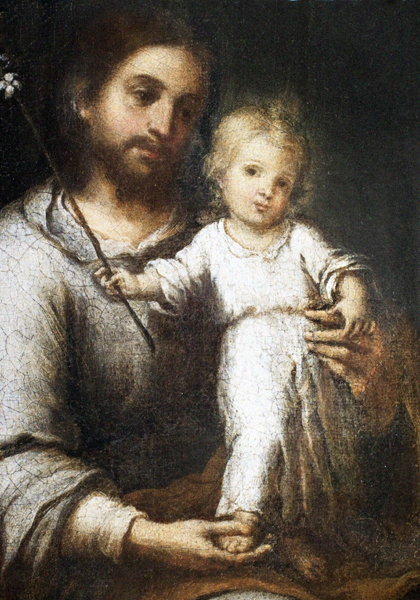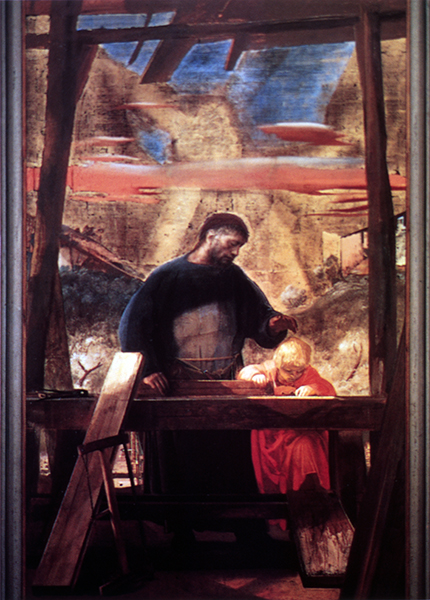Greetings my brothers and sisters,
As I write this article we are about to enter into that “holiest of weeks”, when Jesus entered in triumph into the city of Jerusalem and by the end of the week left it under the weight of the cross, accompanied by jeers and insults, on his way to Calvary to suffer and die for us on that same cross. We know that this death led to Resurrection and the gift of Eternal Life to all of us on Easter Sunday. My wish for you is to spend this time well, drawing closer to Jesus both on the cross and in Eternal Life, so that you might know, love and serve him with greater zeal and commitment and our world might know more of him.
We know that Jesus went to the cross out of obedience to his Father’s will. This he made clear in the garden of Gethsemane the night before, when he three times asked the Father to take this cup from him and three times ended by saying, “Not my will, but your will be done, Father”. The obedience of Christ overcame the disobedience of our first parents and, removing our sin, opened for us the doors of Paradise. May we follow this wonderful and complete example of obedience in our day to day lives.
Continuing our exploration of the Apostolic Letter, Patris Corde, written by Pope Francis on St. Joseph, we come to the section which bears the title, “Obedient Father”. The Pope begins this section describing the various instances in the Gospels where Joseph is called upon by God to carry out a certain task: taking Mary his wife into his home, fleeing into Egypt to escape the wrath of King Herod, returning from Egypt, even the trip to Bethlehem was in obedience to the civil decree of the Romans. What was Joseph’s response to all of these commands? “In every situation, Joseph declared his own “fiat”, like those of Mary at the Annunciation and Jesus in the Garden of Gethsemane” (n. 3). Joseph did as he had been commanded in each instance and in this was like the other members of the Holy Family.
The Pope does not stop there, however. He states: “In his role as the head of a family, Joseph taught Jesus to be obedient to his parents (cf. Lk 2:51), in accordance with God’s command (cf. Ex 20:12). During the hidden years in Nazareth, Jesus learned at the school of Joseph to do the will of the Father.” That is, Jesus was able to say the “Yes” to his Father’s will at the moment of anguish in agony in the Garden, in part because of his experience of Joseph’s obedience and in line with what his earthly father had taught him day to day in the home of Nazareth. Can we do any better than to do the same, particularly in seeking to discern our vocation?
Continuing to speak of this decisive moment in Jesus’ life, the Pope writes, “Jesus chose to do the Father’s will rather than his own,[16] becoming “obedient unto death, even death on a cross” (Phil 2:8). The author of the Letter to the Hebrews thus concludes that Jesus “learned obedience through what he suffered” (5:8).” Instrumental in this choice of Jesus was his relationship with Joseph. If we hope to also “learn obedience through suffering”, let us also learn to obey at the school of St. Joseph. In this school, according to St. Joseph Marello, we can learn that. “St. Joseph practiced the humble, hidden virtues: always calm, peaceful, serene in perfect observance of the will of God”. Jesus was the first to learn at this school and we are invited to do the same. May St. Joseph watch over and guide us to be obedient sons of God as we seek to know his call for each one of us.
Fr. Brian, OSJ




